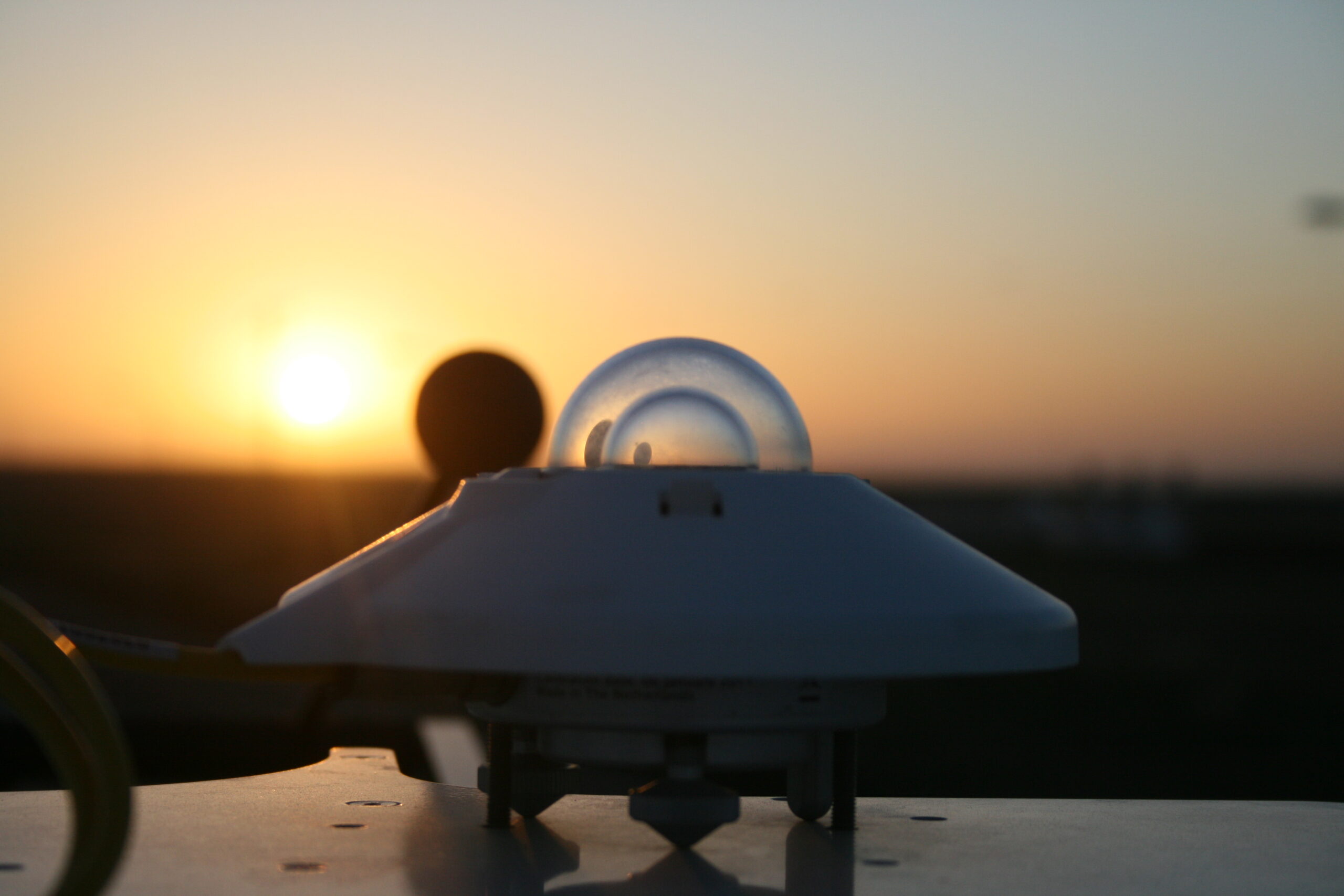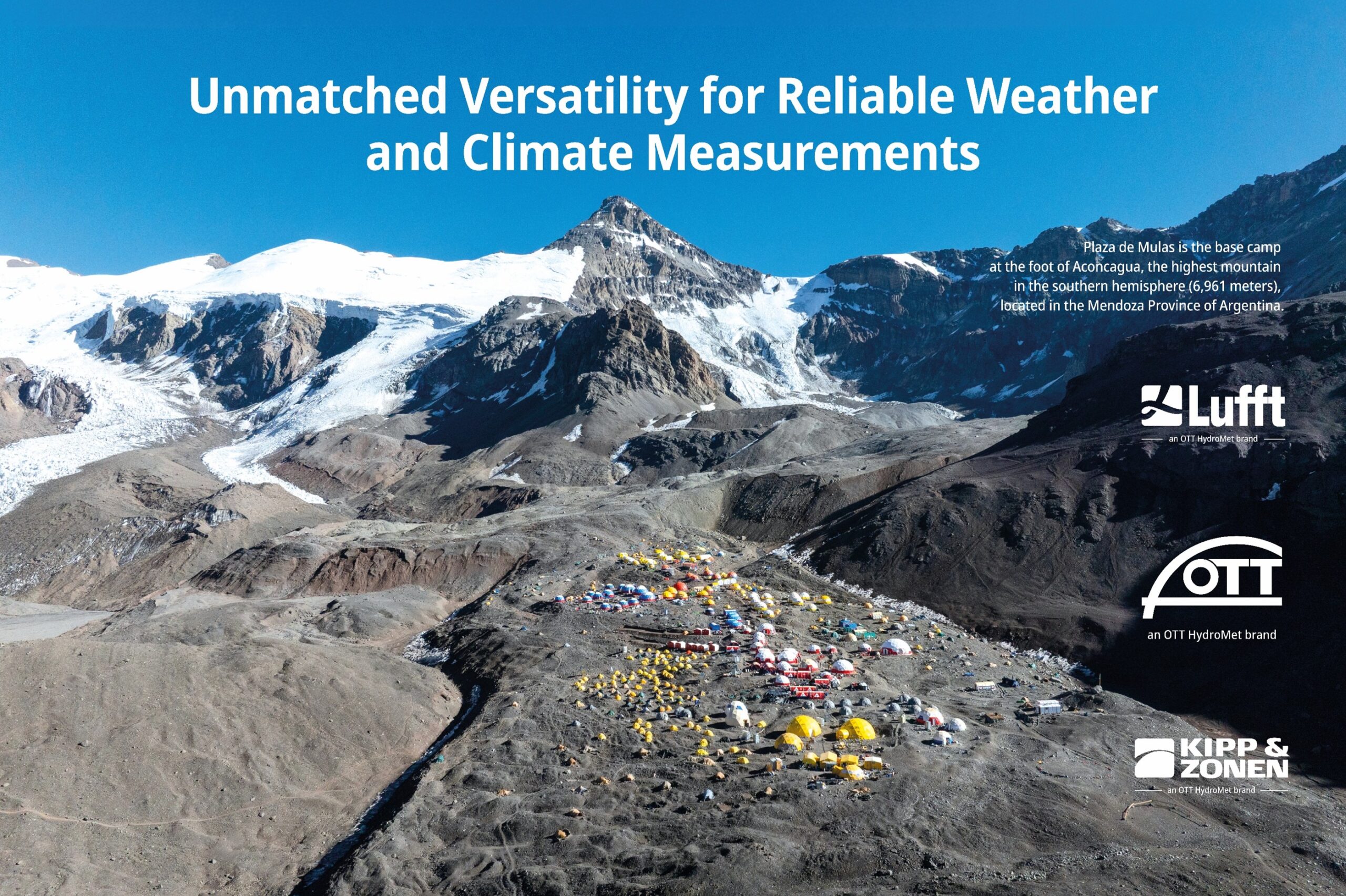Water quality parameters such as temperature, conductivity, dissolved oxygen, pH, and turbidity have the potential to rapidly change in response to different types of local events within the environment. Collecting accurate, reliable, and efficient water quality data in the field helps government agencies, municipalities, utilities and private companies keep track of changes as part of their water quality monitoring programs. In this free webinar, we discuss the use of water quality field instrumentation for efficient attended monitoring at specific locations of interest.
Listen on-demand as experts discuss spot checking applications relating to these topics:
- QA/QC best practices for validating measurements at continuous monitoring sites
- Data analysis and data post processing techniques (or fundamentals)
- Vertical and horizontal profiling best practices
- Calibration considerations when sampling different water bodies
- Instrument transport and design considerations to protect your investment
- Also, presenters react to audience polls and questions
Presenters
- Alexa Robinson, Watershed Protection Specialist, City of Griffin Stormwater Department
- Patrick Sanders, Water Quality Application Specialist, OTT HydroMet
Get the latest from OTT HydroMet! Be the first to receive technical notes, product launch information, beta testing opportunities, how-to videos, training opportunities, and more!


